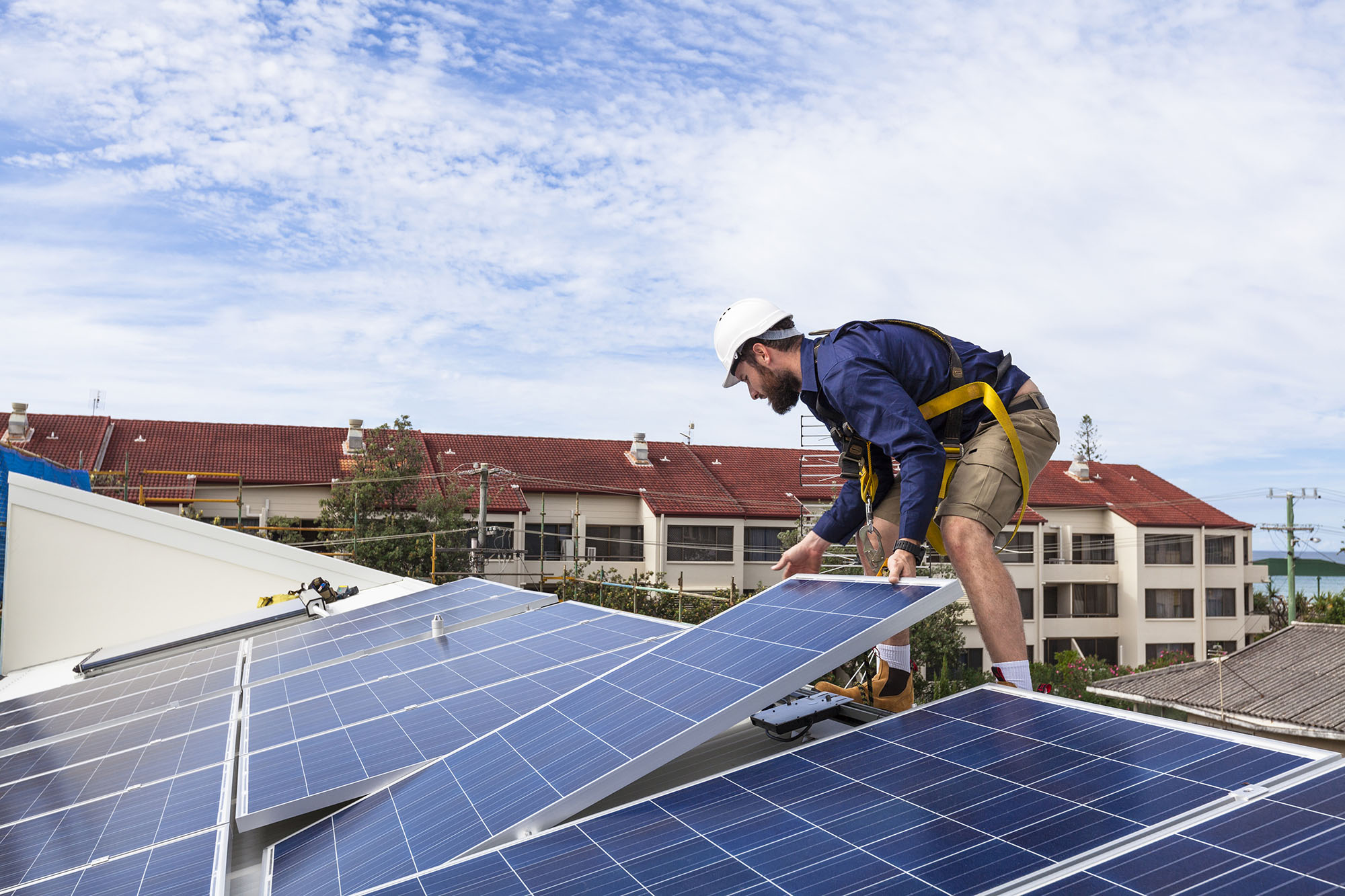Investing in solar energy is a great way to reduce your carbon footprint. Solar energy is a completely renewable resource that uses the sun’s natural light to generate electricity without causing any harmful emissions into the atmosphere. However, as more and more people switch to solar power, some environmental drawbacks must be addressed.
Save Money on Your Electric Bill
If you’re a homeowner, reducing your electric bill is one of the most important priorities in your home. Fortunately, solar electricity is an excellent way to do that! Solar power can lower your electric bill and even completely replace it. Some of the benefits of solar electricity are: they are a safe, affordable option in most states.
A solar system can be a wise investment because it can reduce your bill over time, especially as electricity prices rise. The grid price of electricity has increased 2.79% on average in the last 20 years, and the EIA predicts a 2.54% increase from 2022 to 2023. The cost of your solar system will also depend on the type and number of panels you install, along with any rebates and incentives your state offers. If you’re considering installing a solar system, compare quotes from multiple installers in your area to find the best deal. Finally, consider installing a battery to store energy during peak production times to keep your home running when sunlight isn’t available. This can help you avoid paying higher rates during the afternoon and night. A power outage can also turn your solar array into an emergency backup energy source.
Reduce Your Carbon Footprint
A home solar energy system is a great way to reduce your carbon footprint. Every kilowatt installed lowers your home’s carbon emissions by more than 3,000 pounds of carbon dioxide per year! It also helps to shrink your household waste. Each kilowatt you generate from your system lowers your home’s total waste, including garbage and other pollutants sent to landfills. While it’s common to focus on the energy savings of installing a home solar electric system, many homeowners are also interested in reducing their carbon footprint. The average household uses more energy during summer because it has longer days, so a solar system is a great way to decrease your peak demand on the grid during this time. When we talk about a “carbon footprint,” we are talking about the greenhouse gasses emitted during the production and use of a product or service. These include fuel for cars, electricity, and the food we eat. Renewable energy, like solar, wind, and even nuclear power, have far lower life-cycle emissions than conventional fossil fuel sources. Coal and gas plants produce large amounts of carbon dioxide during the extraction, transport, and storage of coal and natural gas – even if they add Carbon Capture and Storage (CCS).
Support Your Local Economy
Solar energy can support your local economy in a variety of ways, from supporting job creation to helping you earn additional income. It’s also a great way to make your home more attractive to buyers in the housing market, as solar panels can help reduce electric bills and add to property value. In addition, many states and cities have incentive programs to help you offset your solar energy costs. These include federal tax credits, state incentives, and rebates. Often, these incentives will come in the form of reduced utility rates. This is because your solar panels produce more electricity than you use, and you can sell the excess back to the power company for a small price. The process is called net metering and can save you money on your utility bill for years. It’s also a good way to reduce your carbon footprint and support your community by reducing the fossil fuels you use.
Communities that install community solar can save money on their utility bills, which can be used to fund vital programs and services for their residents. This provides a much-needed financial boost to the community and helps create a more resilient environment.
Help the Environment
Choosing solar electricity can help the environment by reducing your carbon footprint, lowering greenhouse gas emissions and contributing to the reduction of harmful air pollutants. Burning fossil fuels releases carbon dioxide into the atmosphere, which causes climate change. Burning fossil fuels also emit nitrogen oxides, contributing to smog and pollution. A clean, renewable energy source like solar electricity reduces local and systemic carbon dioxide emissions and hazardous air pollutants, including nitrous oxide, mercury and particulate matter that cause smog. This is good for the environment since smog and other air pollution can negatively impact human health. Another benefit of solar electricity is that it uses far less water than traditional sources like coal, natural gas and nuclear power. This is important in a world where many areas suffer from severe droughts. Solar panel manufacturing and installation require some water. Still, it is far less than nuclear, natural gas or coal-fired power plants that use huge amounts of freshwater to cool their generators and produce electricity. This water is often polluted, creating issues in arid regions with limited water supplies.







